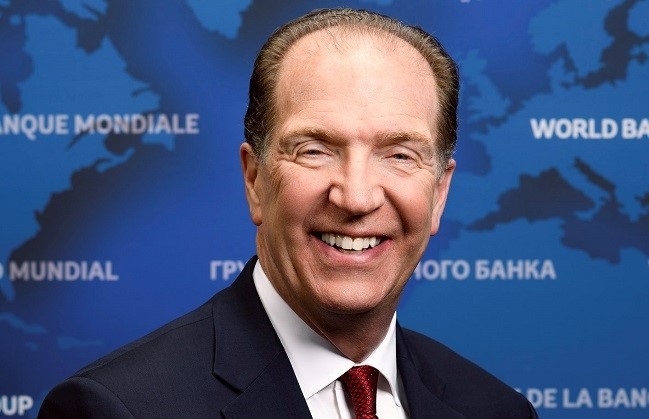The COVID-19 pandemic threatens hard-won gains in health and education over the past decade, especially in the poorest countries, a new World Bank Group analysis finds. Investments in human capital – the knowledge, skills, and health that people accumulate over their lives – are key to unlocking a child’s potential and to improving economic growth in every country.

The World Bank Group’s “2020 Human Capital Index” includes health and education data for 174 countries – covering 98 percent of the world’s population – up to March 2020, providing a pre-pandemic baseline on the health and education of children. The analysis shows that pre-pandemic, most countries had made steady progress in building human capital of children, with the biggest strides made in low-income countries. Despite this progress, and even before the effects of the pandemic, a child born in a typical country could expect to achieve just 56 percent of their potential human capital, relative to a benchmark of complete education and full health.
“The pandemic puts at risk the decade’s progress in building human capital, including the improvements in health, survival rates, school enrollment, and reduced stunting. The economic impact of the pandemic has been particularly deep for women and for the most disadvantaged families, leaving many vulnerable to food insecurity and poverty,” said World Bank Group President David Malpass. “Protecting and investing in people is vital as countries work to lay the foundation for sustainable, inclusive recoveries and future growth.”
Due to the pandemic’s impact, most children – more than 1 billion – have been out of school and could lose out, on average, half a year of schooling, adjusted for learning, translating into considerable monetary losses. Data also shows significant disruptions to essential health services for women and children, with many children missing out on crucial vaccinations.
The 2020 Human Capital Index also presents a decade-long view of the evolution of human capital outcomes from 2010 through 2020, finding improvements across all regions, where data are available, and across all income levels. These were largely due to improvements in health, reflected in better child and adult survival rates and reduced stunting, as well as an increase in school enrollment. This progress is now at risk due to the global pandemic.
The analysis finds that human capital outcomes for girls are on average higher than for boys. However, this has not translated into comparable opportunities to use human capital in the labour market: on average, employment rates are 20 percentage points lower for women than for men, with a wider gap in many countries and regions. Moreover, the pandemic is exacerbating risks of gender-based violence, child marriage and adolescent pregnancy, all of which further reduce opportunities for learning and empowerment for women and girls.
Today, hard-won human capital gains in many countries are at risk. But countries can do more than just work to recover the lost progress. To protect and extend earlier human capital gains, countries need to expand health service coverage and quality among marginalized communities, boost learning outcomes together with school enrollments, and support vulnerable families with social protection measures adapted to the scale of the COVID-19 crisis.
The World Bank Group is working closely with governments to develop long-term solutions to protect and invest in people during and after the pandemic:
- In Ethiopia, Haiti and Mongolia, the Bank has been supporting the acquisition of vital medical equipment. In Bangladesh, Burkina Faso, and Nepal, the Bank is supporting the development of school safety and hygiene protocols while working with Water Supply, Sanitation, and Hygiene teams to provide basic sanitisation and hygiene supplies.
- In Jordan and Turkey, through recently approved new operations, the Bank is supporting the development of TV and digital content for blended teaching and learning for the new academic year, as well as psycho-social counseling and remedial courses.
- In the Sahel region, the Bank is backing the Sahel Women’s Economic Empowerment and the Demographic Dividend (SWEDD) project aimed at creating a favourable environment for women and girls’ empowerment through programmes to keep girls in school, and to expand economic opportunities and access to quality reproductive health services. .
The Bank is also helping India immediately scale-up cash transfers and food benefits, using a set of pre-existing national platforms and programmes, to provide social protection for essential workers involved in COVID-19 relief efforts; and benefit vulnerable groups, particularly migrants and informal workers, who face high risks of exclusion.
Ambitious, evidence-driven policy measures in health, education, and social protection can recover lost ground and pave the way for today’s children to surpass the human capital achievements and quality of life of the generations that preceded them. Fully realising the creative promise embodied in each child has never been more important.
